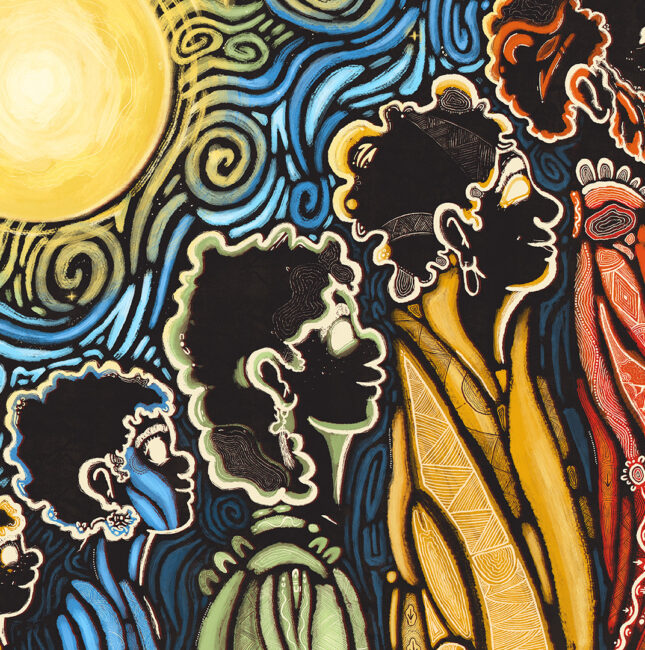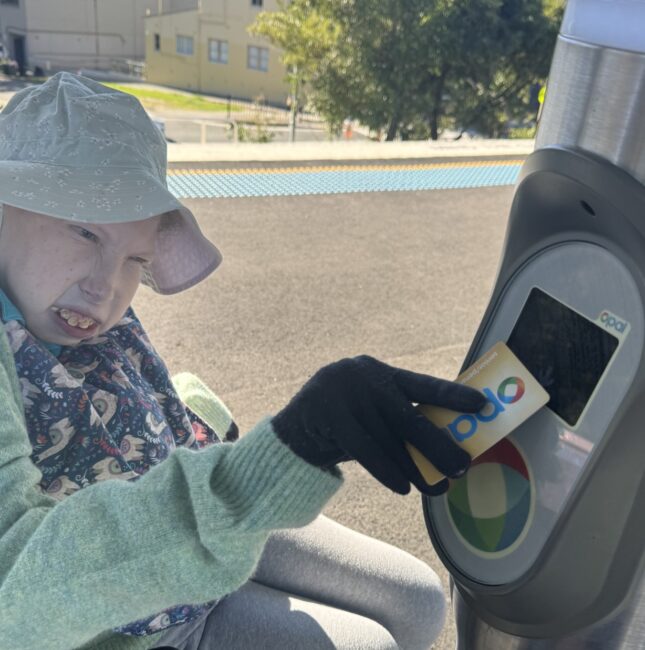World Day of Social Justice 2022
February 18, 2022
As an initiative of the United Nations (UN), the World Day of Social Justice is designed to shed light on social and economic inequalities across the globe. Taking place each year on 20 February, this important day helps to highlight significant differences in work, compensation, and lifestyle factors for global citizens based on key differential factors. When barriers linked with cultural-based poverty, racial discrimination, and disability are recognised and removed, social justice has an opportunity to advance and create a positive impact for all.
History and context
On 26 November 2007, the UN General Assembly declared 20 February to be recognised annually as the World Day of Social Justice. On 10 June 2008, the International Labour Organization (ILO) adopted the Declaration on Social Justice for a Fair Globalization. Despite the obvious benefits of increased international collaboration, this declaration and everything that has emerged from it recognise the importance of a strong social dimension to globalisation in order to achieve fair and improved outcomes for all citizens.
Social justice in the new digital economy
In 2022, as the world continues to emerges from the stark realities of a global pandemic, the day has embraced a theme of social justice in the rising digital economy. Digital tools and services have had a profound influence over the last decade, and they continue to transform how people work and create value across the world. From the acceleration of internet speeds to the proliferation of global networks and the availability of computing devices, the digital rollout has been far from equal.
Along with highlighting key medical, social, and economic inequalities, COVID-19 has influenced the way people work on a daily basis. Remote working arrangements are more common than ever, with businesses finding new and innovative ways to carry on amidst social and economic restrictions. The digital divide between nations and cultures was already a major factor influencing prosperity, with the global pandemic accelerating the divergence and deepening the divide. From the availability of hardware and software to internet access itself, not all people have the same opportunities to generate income independent of location.
Multiple solutions through global collaboration
World Day of Social Justice aims to achieve multiple positive outcomes through renewed education campaigns, collaboration between sectors and interests, and enhanced opportunities for dialogue between member States, relevant UN institutions, and other stakeholders. Actions are needed to overcome the digital divide, with the following solutions highlighted and supported:
- Sustainable development
- Poverty eradication
- Promotion of full employment and decent work
- Universal social protection
- Gender equality
- Access to social wellbeing and justice for all
Transforming good intentions into positive actions
The World Day of Social Justice sets out to identify and respect these differences in order to inspire regulatory responses from government and influential bodies around the world. While some countries have started to address these issues, there is a growing need for a coordinated effort between international policymakers and digital labour platforms. According to the UN, multi-stakeholder dialogue and coordination models are needed across jurisdictions and scales, from international government regulators and corporate decision-makers to national and regional organisations.
The relevance of universal labour standards is more important than ever before, with critical and time-sensitive transformations needed to ensure the availability of reliable digital infrastructure. When people have access to the same or at least similar opportunities, the entire global population benefits. Instead of being limited by a homogenised pool of self-similar attitudes, products, and services, the world grows richer culturally and economically due to value-added input from its entire population.
More news stories like this one
NAIDOC Week 2025 – The Next Generation
CatholicCare is proud to celebrate NAIDOC Week y amplifying the voices, stories, and aspirations of Aboriginal & Torres Strait Islander people. This year’s celebrations are all about empowering the next generation of leaders - our young people who carry culture forward with pride, resilience and hope.
Read MoreTrain adventures give participants choice & control
When participants and their parents have their voices heard, wonderful things can happen. The words ‘choice and control’ are bandied about a lot in the disability space, but this story shows how crucial they are to a person’s wellbeing and happiness.
Read MoreDavika emerges from a web of violence
As they grew up, the two friends went their separate ways. Davika had settled into life as a single mum in India, and Priyanka had moved to Australia to marry an Australian man. Life, as Davika knew it, changed forever when Priyanka returned to India for a holiday with her husband and her husband’s Australian brother, Steve.
Read More


